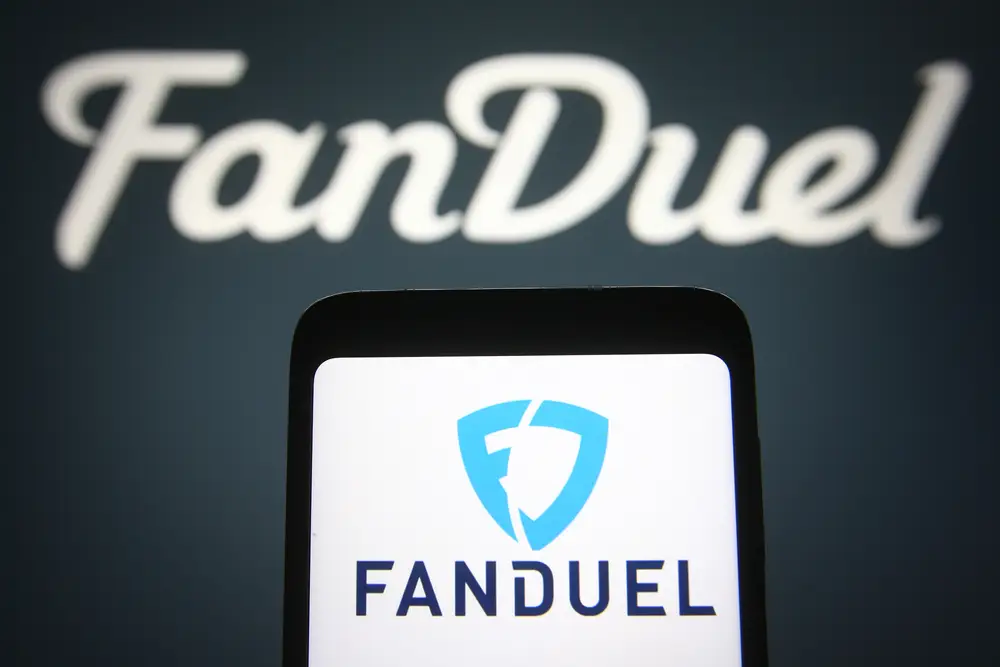The stars are aligning for prediction market platforms offering sports contracts with NFL kickoff just around the corner.
First, Trump’s Big, Beautiful Bill limited gambling tax write-offs, making it possible to break even and still owe taxes on gambling income. Event contracts are futures, so they are taxed differently, making prediction markets better alternatives for amateur and professional sports gamblers alike.
Bettors are already looking for new avenues to gamble and trade. A report this week from the American Gaming Association (AGA) estimates that offshore gambling revenue has increased by 22% since the group’s previous survey in 2022.
As a regulated sportsbook alternative, Kalshi stands to benefit from the ongoing exodus from traditional gambling apps. And despite legal challenges to Kalshi’s ability to offer sports event contracts in all 50 states, the company is still cleared to continue offering them for the time being.
Kalshi can pitch itself as a regulated alternative to offshore gambling sites, and its customers can get better tax treatment than they can at sportsbooks–all in time for the NFL season to begin. Its offshore crypto competitor, Polymarket, can also benefit from the offshore spending via VPN access ahead of its planned return to the United States as a regulated platform.
Both platforms are set up for major customer acquisition events in the American market just in time for the most popular betting season of the year.
New tax for gamblers could push them to finance
The gambling tax change approved last month allows gamblers to write off a maximum of 90% of their winnings as losses. So, a bettor who wins $10,000 and loses $10,000 would still owe taxes on $1,000 of winnings. For professional gamblers winning and losing hundreds of thousands of dollars at a time, this tax change makes legal American gambling untenable starting in 2026.
An attempt to reverse that tax change is underway in Congress. Rep. Dina Titus introduced legislation in the House, and a bipartisan group of senators introduced the Full House Act in the Senate to allow gamblers to write net losses off again. Kalshi traders only give a repeal of the gambling loss cap a 46% chance of passing as of Aug. 15, down from 68% in late July.
In the meantime, as long as sports contracts are considered futures, they would be taxed as financial instruments. Sixty percent of the gain would be taxed at the long-term capital gains rate, and 40% would be taxed at the higher short-term capital gains rate. Traders would be able to report on their net position as they used to on gambling platforms.
Kalshi’s sports contract cases could decide whether trading sports contracts remains a viable option for sports bettors for the long term.
Kalshi’s sports contract case could be decided mid-season
Kalshi could have a Third Circuit decision regarding its sports contracts’ legality in the middle of peak sports season.
The prediction market company also has appeals cases in process before the Third and Fourth Circuit courts. Kalshi won preliminary injunctions in Nevada and New Jersey and was denied a preliminary injunction in Maryland, leading to its case before the Fourth Circuit. The Third Circuit case from New Jersey’s appeal has scheduled oral arguments for Sept. 8 and could issue a decision by the end of October.
If Kalshi wins in the Third Circuit, then its sports contracts are likely safe through the NFL season and possibly through March Madness. A loss for Kalshi would require it to begin geofencing to keep its sports contracts out of certain states or stop offering them altogether. Kalshi reached an agreement with Maryland to continue offering sports contracts until the Fourth Circuit rules on its case.
These cases haven’t prevented Kalshi from reaching a $2 billion valuation. It raised $185 million in its latest raise, and mainstream outlets like CNBC and Politico are citing Kalshi’s markets in their stories. It’s a big marketing surge primed to collide with peak sports season.
While regulated sports contracts carry some legal risk, unregulated platforms are also set to have one of their largest customer acquisition events to date.
Unregulated prediction markets could benefit from offshore spending
The AGA survey didn’t measure offshore prediction market handle or trade volume. However, crypto prediction market platform Polymarket could be a beneficiary of additional offshore spending as the NFL season begins.
Polymarket is also unique among crypto projects in its ability to attract people new to decentralized technologies to its platform. One X account found that 80% of Polymarket’s users only use one Web3 protocol for Polymarket. These contrast with the highest-volume users who use multiple Web3 protocols and have more experience with the technology.
80% of Polymarket users are net new to DeFi and haven’t used any other protocol.
This is why, despite a record 2025 volume, CT stays silent about Polymarket plays.
But the whales know. Top 500 wallets (~65% of volume) are DeFi native with $150k across 4.6 protocols. pic.twitter.com/bAgEq9ONsE
— defiance (@defiance_cr) August 11, 2025
Polymarket’s ability to motivate people to create crypto wallets and learn to trade crypto to fund their accounts speaks to the popularity of the product. Now that it has expanded its sports category, it could become one of the most popular sports betting platforms even among customers who are new to crypto, DeFi, and Web3.
Polymarket may have to change its approach to sports contracts if it transitions to a CFTC-regulated prediction market in the United States. But in the meantime, the crypto platform will continue to draw customers looking to gamble or trade offshore, regardless of how Kalshi’s sports contract lawsuit pans out.




























